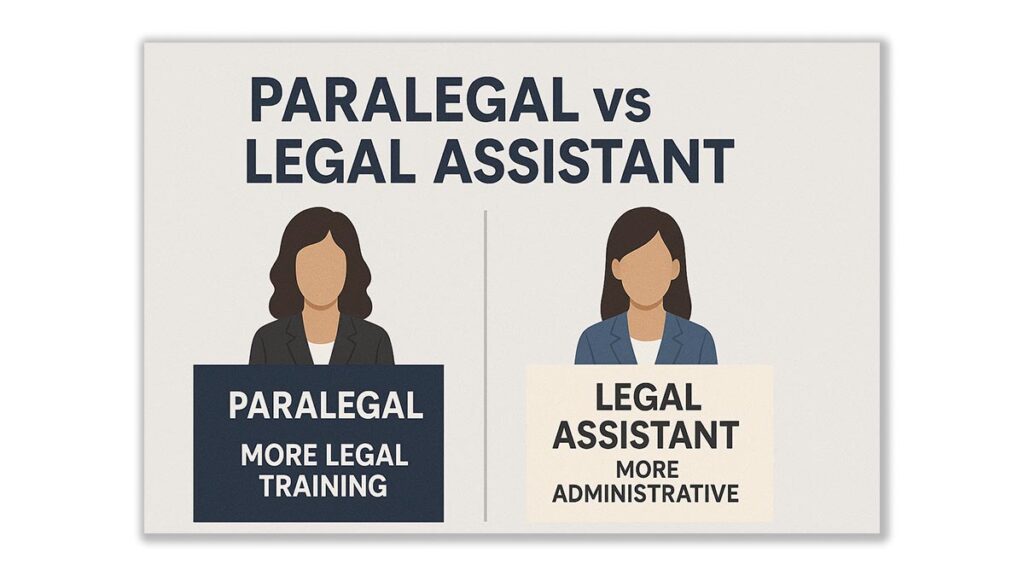Remote paralegal services are rapidly becoming the gold standard for operational efficiency, cost control, and staffing flexibility in U.S. law firms. With client expectations rising and billing pressures mounting, firms embracing this model report higher leverage, faster turnaround, and stronger bottom-line outcomes. In this in-depth guide, we break down the models, compliance issues, benefits, and growth trends around remote paralegal staffing—and why it’s a must-have in today’s hybrid legal ecosystem.
What Exactly Are Remote Paralegal Services?
Remote paralegal services involve contracting or employing legal assistants who work outside the physical premises of the firm but remain fully embedded in the workflow. These professionals support tasks such as:
- Preparing legal documents, pleadings, and motions
- E-filing court submissions and managing calendaring
- Drafting demand letters and deposition summaries
- Conducting legal research and cite-checking
- Managing document discovery and exhibit logs
- Assisting in trial preparation
Remote paralegals work via secure case management portals, communicate through firm-managed platforms (e.g., Microsoft Teams, Zoom, Slack), and often log time directly into the firm’s billing systems.
Benefits of Remote Paralegal Services for Law Firms
1. Talent Without Borders
A Washington D.C. firm can now hire a Florida-based paralegal with federal court experience. A California startup can tap bilingual litigation support in Texas. The geographical constraints are gone.
2. Reduced Overhead
Remote staffing eliminates costs tied to desk space, utilities, equipment, and in-office HR administration—reducing fully loaded compensation by 30–50%.
3. Flexibility and On-Demand Scaling
Need 100 hours of paralegal support for a product liability case? Or trial prep support only for two months? Remote paralegals offer staffing elasticity that traditional employment cannot match.
4. Business Continuity
Remote professionals ensure continuity during emergencies, relocation, or office disruptions. With remote infrastructure in place, service delivery remains uninterrupted.
5. Enhanced Productivity
Firms report faster document turnaround, improved time tracking, and increased partner satisfaction when remote paralegals are dedicated, focused, and incentivized by task completion—not clock-watching.
Common Use Cases for Remote Paralegal Services
| Practice Area | Remote Paralegal Tasks | Why It Works |
|---|---|---|
| Personal Injury | Drafting demands, organizing medical records | Volume-heavy and deadline-driven |
| Immigration Law | Filing USCIS forms, monitoring cases | Routine formwork, language flexibility |
| Family Law | Discovery, parenting plan prep | Sensitivity and client communication |
| Real Estate Law | Title searches, lease draft review | Transactional cycles & repeat workflows |
| Litigation | Research, deposition summary | Trial-ready documentation prep |
Remote vs. In-House Paralegal: Key Comparisons
| Feature | Remote Paralegal | In-House Paralegal |
|---|---|---|
| Work Location | Anywhere (U.S. or offshore) | On-premises |
| Cost Structure | Hourly/project-based | Salaried with benefits |
| Supervision | Digital tools + case systems | Face-to-face |
| Scalability | High | Limited |
| Onboarding Time | 2–5 days | 2–5 weeks |
| Talent Pool | Nationwide/global | Local/regional only |
Firms using remote paralegal services often retain a lean in-house core team and delegate repeatable or surge tasks remotely—creating a hybrid staffing ecosystem that balances control and capacity.
Risk Management and Compliance in Remote Paralegal Engagements
Ethical supervision, confidentiality, and regulatory adherence are essential when engaging remote paralegal services. ABA Model Rule 5.3 permits use of nonlawyer assistants provided they are supervised and compliant with ethical obligations.
Remote staffing providers must address:
- Secure access protocols (MFA, VPNs, role-based permissions)
- Client consent (especially for offshore engagement)
- Conflict check integration
- Data retention and destruction policies
- HIPAA or GDPR compliance (depending on matter type)
Firms should require NDAs, enforce work-product auditing, and conduct periodic compliance reviews of their remote vendors.
—
Intake and Remote Paralegal Efficiency: A Symbiotic Link
Remote paralegals deliver maximum ROI when the firm’s intake process is strategic. That means only profitable, qualified matters are assigned to the remote workflow, reducing churn and improving deliverables.
Ensure your intake team identifies high-quality cases from the start. Schedule a consultation to learn how Regentsrs can help your firm!
Are remote paralegals permitted by the ABA or state bars?
Yes. The ABA and most state bars allow remote paralegal work, as long as the supervising attorney ensures ethical compliance, supervises work product, and safeguards client confidentiality.
Remote Paralegals Are Not a Trend—They’re a Strategy
Remote paralegal services are no longer a stopgap solution—they’re a strategic asset for law firms navigating leaner budgets, higher caseloads, and hybrid client expectations. Partners who adopt this model gain scalable legal support, improved attorney satisfaction, and a flexible infrastructure built for the demands of modern legal work.


